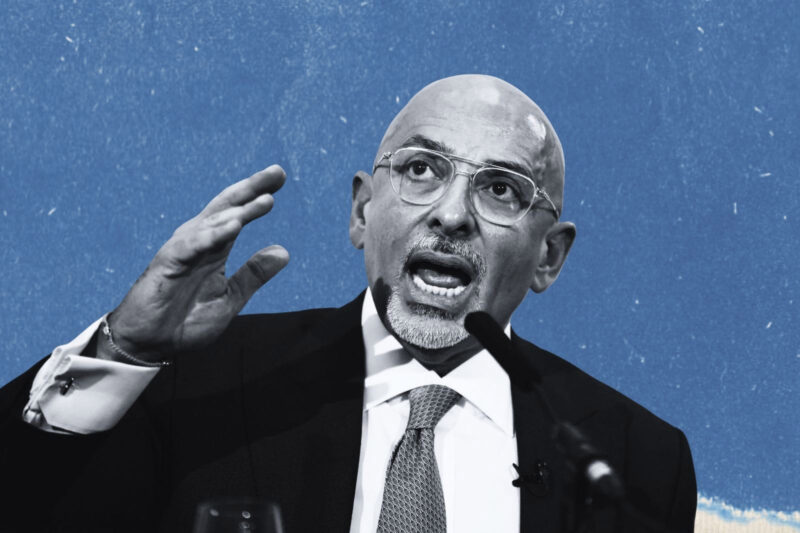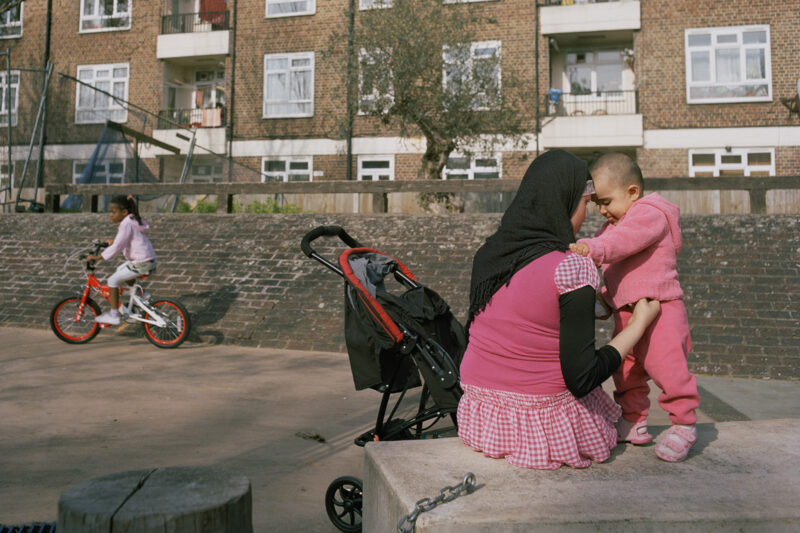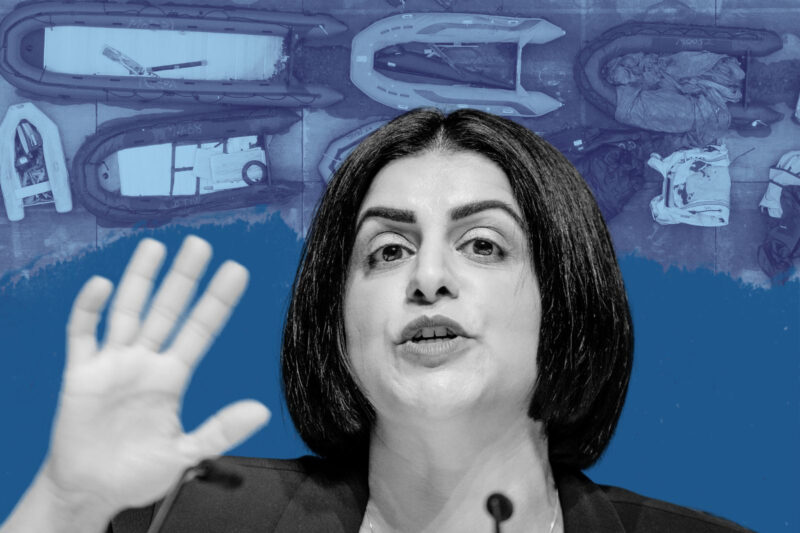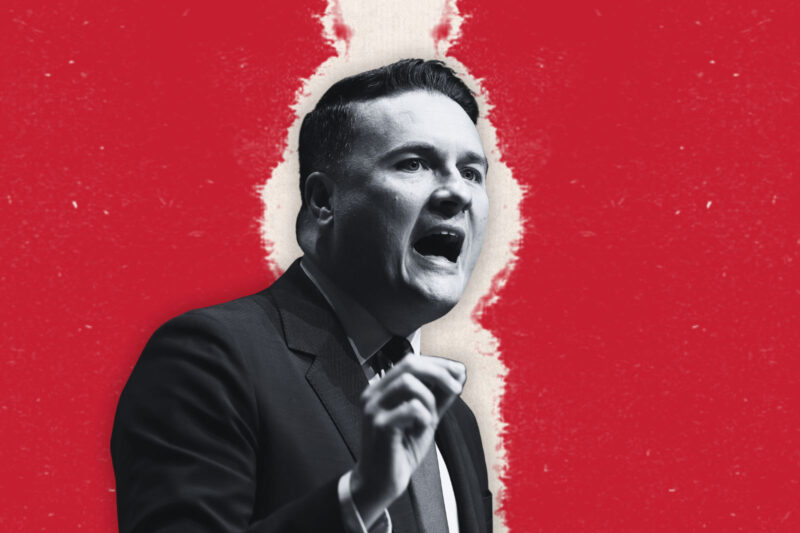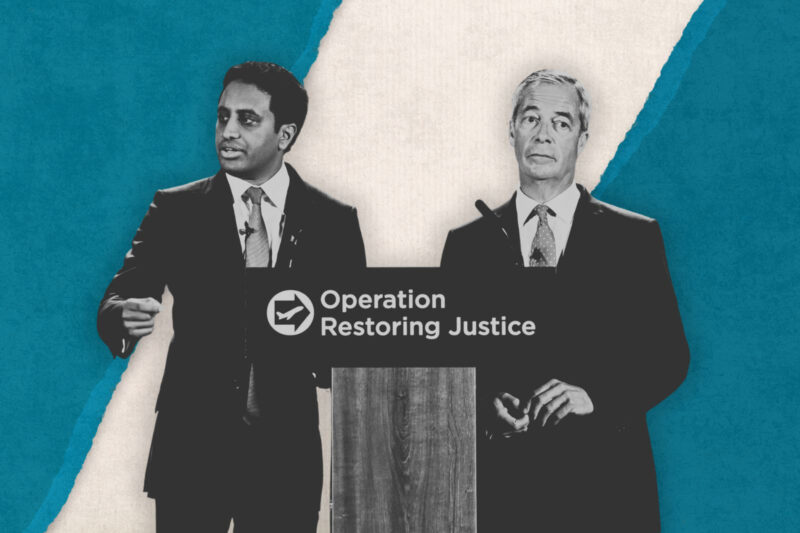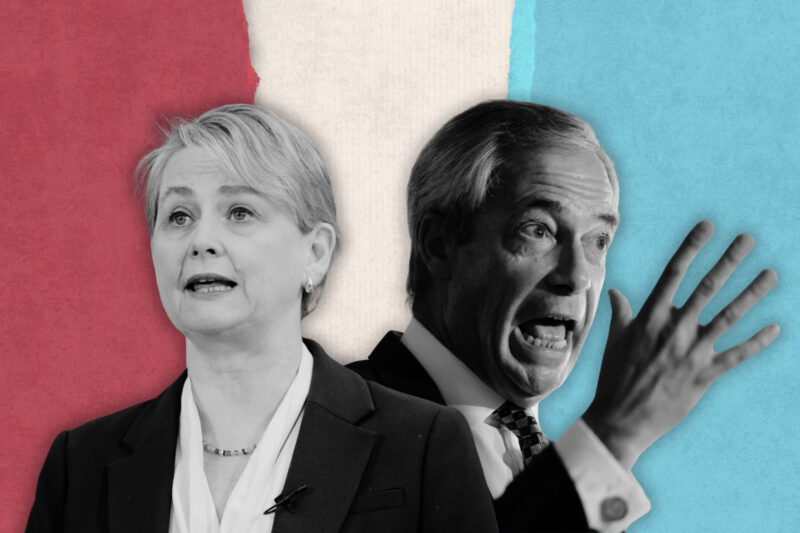The two-child benefit cap is a timebomb for Labour. Can it be defused?
The party’s MPs are increasingly vocal in their frustration at the policy, but there’s a split in Number 10 — and Reform UK is manoeuvring
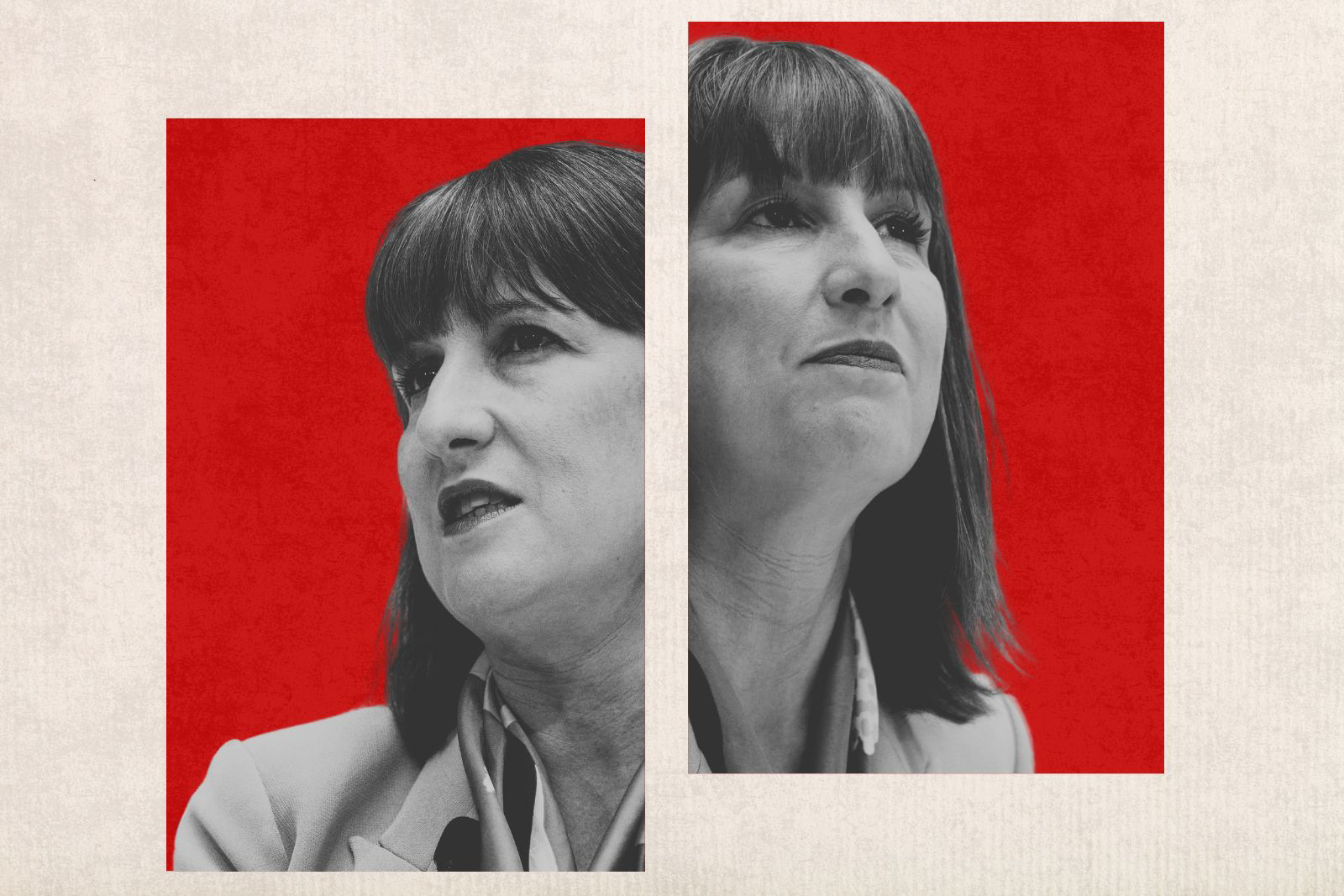
The two-child benefit cap has lingered in British politics for almost a decade. What was once seen as a settled legacy of austerity is now at the centre of an intensifying debate that could reshape the welfare state.
The Conservative-era policy that parents can only claim child tax credit — a means-tested benefit to help with the cost of raising a child — for their first two children affects the lives of hundreds of thousands of families. Keir Starmer had initially ruled out the Corbyn-era Labour policy of scrapping the cap while in opposition, saying it would be too expensive, and seven Labour MPs were suspended for voting with the SNP to bin it shortly after the 2024 general election. In recent weeks, however, as the government prepares its child poverty strategy, it appears Labour’s position has started to shift.
Experts estimate that scrapping the cap would lift 250,000 children out of poverty and significantly ease deprivation for another 850,000. It would cost £1.3bn — a substantial but not unfathomable sum, and one that represents a trade-off between fiscal restraint and a potentially transformative impact on child poverty in the UK.
Labour, whose own MPs have long told me they view the policy as a relic of Tory austerity, has yet to take a clear position. The long-promised child poverty strategy was originally due in the spring and has now been pushed back to the autumn. Downing Street insiders tell me the delay is strategic, aligning the release with the budget, which would allow Rachel Reeves the ability to find the money to fund it. A joint taskforce led by education secretary Bridget Phillipson and work and pensions secretary Liz Kendall is still thrashing out the details of how to tackle child poverty, and I have repeatedly been told scrapping the two-child benefit cap is very much being considered.
But time is not on Labour’s side. The longer the government delays, the more political capital the party risks losing. Reform UK, buoyed by local election gains and growing support in opinion polls, is aggressively courting Labour voters. In a move that has put pressure on both main parties, Nigel Farage announced this week that, if Reform were in government, it would scrap the two-child cap, restore the winter fuel allowance, and offer a raft of other giveaways. His “costings” are based on scrapping net zero policies and funding for asylum seekers, cutting diversity and inclusion programmes within Whitehall, and axing budgets for government quangos, which he says would save £300bn.
We weren’t given a costings document to properly scrutinise the arithmetic. The Institute for Fiscal Studies, often viewed as Westminster’s economic arbiter, said Reform would need to fill in the blanks with something more substantial for this to be a feasible policy. Still, Farage’s headline-grabbing pledges are gaining traction, especially in communities already hit hard by rising costs and stagnant wages.
This has sparked unrest among Labour’s own ranks. Backbench MPs are increasingly vocal in their frustration, not just over the two-child cap but over the government’s stance on winter fuel payments and other welfare issues. One MP told me bluntly: “My constituents are genuinely furious.” Another described the mood as “very unhappy”. There’s growing concern that Labour is drifting too slowly, too cautiously, away from policies that many of its members believe are fundamentally unjust.
And yet, there’s hesitation at the top. Some in Number 10 argue the two-child cap is a moral issue, saying the state should not pay for people to have more children than they can afford to look after. They point to polling from 2024 suggesting 60% of Brits support the policy. It’s the same justification I was given by Tory shadow chancellor Mel Stride this week, who maintains the cap should stay. But moral conviction can cut both ways. Former prime minister Gordon Brown, normally a quiet figure in political discourse, made a rare intervention calling the cap “cruel”, adding weight to the growing calls for change.
That’s what makes this moment so pivotal. The tide within Labour is clearly turning. MPs who once lost the whip for opposing the cap now find themselves in the mainstream of the party’s conscience. What was once seen as a third-rail issue is fast becoming a litmus test for Labour’s commitment to tackling poverty.
Meanwhile, Farage is playing a long game. If Labour does reverse its position and scrap the cap, he’ll claim victory, arguing that it was Reform that forced its hand. It’s clever politics. Whether one agrees with his methods or not, Farage understands something that many in Westminster still struggle with: clarity sells and voters often reward conviction.
Shehab Khan is an award-winning presenter and political correspondent for ITV News.
 Newsletter
Newsletter


